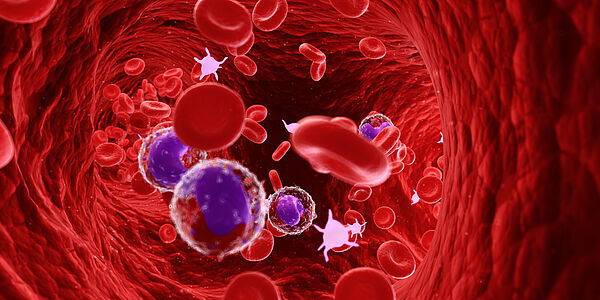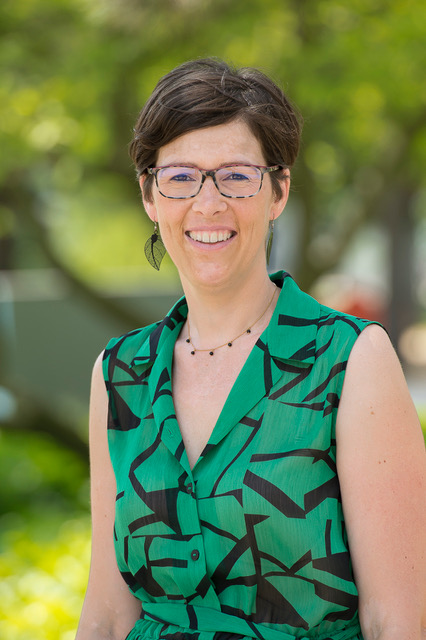Date & lieu : 13 décembre 2022, 13h30, auditorium du CRBS
- Sujet : Role of Sting in lymphocyte homeostasis and functions
Abstract :
Stimulator of Interferon Genes (STING) belongs to cytosolic DNA-sensing pathways in innate immunity and has emerged as a central player in antiviral immunity, autoinflammation and cancer. When activated by cyclic dinucleotides produced by cGAS, STING translocates from endoplasmic reticulum to ERGIC/Golgi where it activates TBK1, which then phosphorylates IRF3 and induces the expression type I interferons (IFNs). Type I IFNs trigger then inflammation through the expression of a set of interferon-stimulated genes, consecutively to the activation of the type I IFNs receptor (IFNAR). Gain-of-function (GOF) heterozygous mutations in STING-coding gene is leading to constitutive activation of the protein and have been described in patients with an autoinflammatory phenotype designated STING Associated Vasculopathy with onset in Infancy (SAVI). While studying the role of STING in the pathophysiology of the disease by using a STING GOF mouse model (heterozygous V154M mutation, corresponding to the human V155M mutation), our team highlighted an unexpected role of the protein in adaptative immunity that is not explained by the action of type I IFNs as these mice develop T, B and NK lymphopenia in the presence or absence of the IFNAR receptor. Moreover, the remaining lymphocytes present functional, especially proliferation defects. Interestingly, transcriptomic analysis of both sorted CD4+ or CD8+ T cells revealed an exhausted phenotype that can be confirmed at the protein level with the overexpression of characteristics immune checkpoints.
Orateur :
Pr Pauline Soulas-Sprauel, unité Inserm 1109, Unistra
Organisateurs :
Le comité d'animation scientifique du CRBS
Julie Buisson, unité Inserm 1121/Unistra
Raphaelle Cassel, unité Inserm 1119/Unistra
Emmanuel Darcq, unité Inserm 1114/Unistra
Valérie Jolivel, unité Inserm 1118/Unistra
Eloïse Lebaudy, unité Inserm 1121/Unistra
Naël Osmani, unité Inserm 1109/Unistra
Lauriane Petit, unité Inserm 1121/Unistra


